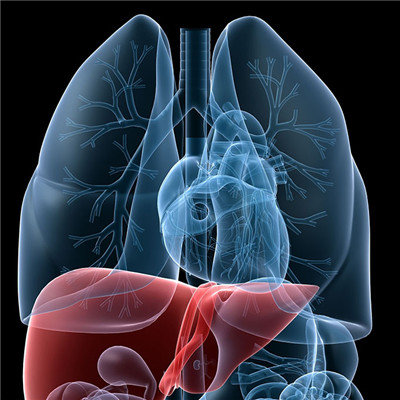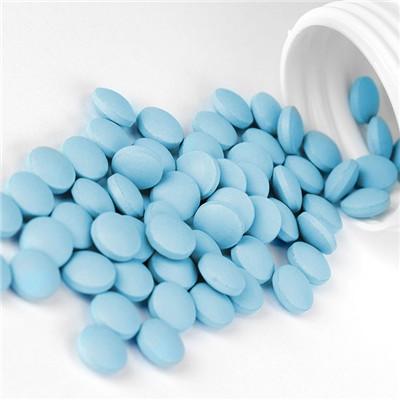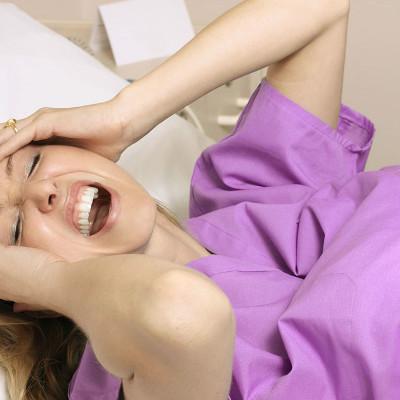Fall cerebral hemorrhage symptom?
summary
Patients with cerebral hemorrhage often suffer from emotional excitement, sudden exertion or sudden onset, resulting in a high death and disability rate of cerebral hemorrhage. Most of the survivors will have different degrees of sequelae, such as movement disorders, cognitive impairment and speech swallowing disorders. Therefore, it is possible to have cerebral hemorrhage after the fall. If the following symptoms appear, they should be sent to the doctor for treatment immediately.
Fall cerebral hemorrhage symptom?
The high incidence age of hypertensive cerebral hemorrhage is usually middle-aged and elderly people, mostly from 50 to 70 years old, male is more than female. The incidence rate of cerebral hemorrhage is high in winter and spring. Most of them have no symptoms before bleeding. If the accident falls down during the activity, the patient will feel severe headache and vomiting. If the bleeding occurs, the blood pressure will increase obviously, and the clinical symptoms will reach a peak in minutes or hours. The symptoms and signs of patients with different bleeding sites and bleeding volume are also different. For example, hemorrhage of basal ganglia, thalamus and internal capsule can cause hemiplegia, which is also one of the common symptoms in the early stage. If the situation of unconsciousness or coma is more serious, emergency treatment should be taken.
To determine whether some of the common symptoms of cerebral hemorrhage can refer to the following aspects. See if there is motor language disorder, hemiplegia is the performance of motor function damage. Aphasia and vagueness are the obstacles of speech function. See if there is vomiting, about half of the patients will have vomiting symptoms. Whether there is disturbance of consciousness, drowsiness or coma depends on the location, volume and speed of cerebral hemorrhage.
The first symptom of cerebral hemorrhage is headache and dizziness. If the intracranial pressure increases, the pain can develop to the whole head. Hemorrhage in the cerebellum and brain stem can cause dizziness. After cerebral hemorrhage, eye symptoms are more obvious. In the acute stage, eyes often gaze at the bleeding side of the brain (gaze paralysis).
matters needing attention
After the fall, the patient suspected cerebral hemorrhage. The general treatment principle is to keep quiet and stay in bed, try to rescue in the local area, not suitable for long-distance bumping to the hospital or moving too much, to avoid aggravating the bleeding. Pay attention to keep the respiratory tract smooth, observe whether there is oral secretion or vomit, and clean it up in time. The patients should be sent to the hospital as soon as possible, and the symptoms should be reported to the doctor in detail, so as to make a clear diagnosis quickly.















